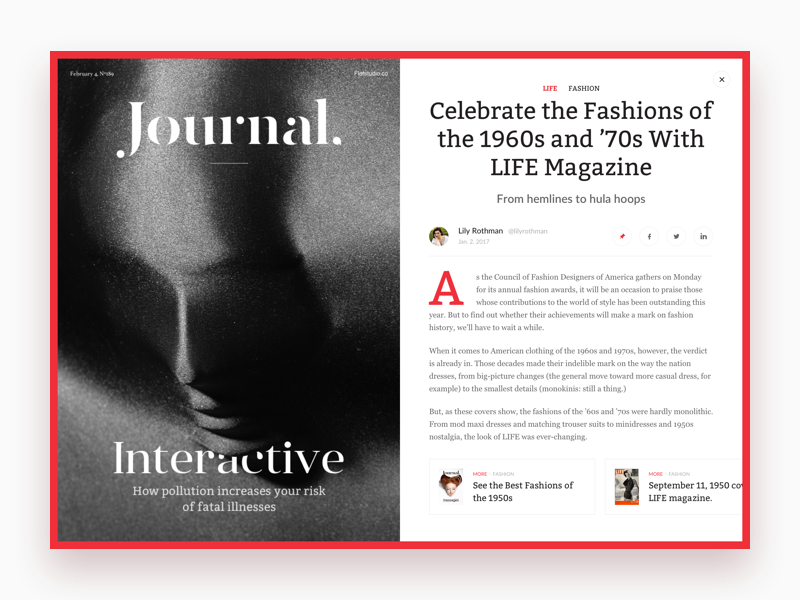

The authors reviewed research about trends in health behavior and psychological distress as a response to media coverage of crises, including terrorist attacks, school shootings, and disease outbreaks. Repeated media exposure to the COVID-19 pandemic may be associated with psychological distress and other public health consequences, according to this commentary in Health Psychology (Vol. The Novel Coronavirus (COVID-2019) Outbreak: Amplification of Public Health Consequences by Media Exposure Garfin, D.

The researchers also found that young women engaged in more appearance-related social media activity and appearance comparison than did young men. In a second study with 327 Australian university students, scores on the 18-item survey were found to be associated with measures of social anxiety and depressive symptoms, appearance-related support from others, general interpersonal stress, coping flexibility, sexual harassment, disordered eating, and other factors. They identified 18 items with strong inter-item correlation centered on three categories of social media behavior: online self-presentation, appearance-related online activity, and appearance comparison. Researchers administered a 21-item survey about social media to 281 Australian high school students. This Psychology of Popular Media (online first publication) article presents a tool to assess young people’s preoccupation with their physical appearance on social media. A Closer Look at Appearance and Social Media: Measuring Activity, Self-Presentation, and Social Comparison and Their Associations With Emotional Adjustment Zimmer-Gembeck, M. Body dissatisfaction and self-esteem were not associated with selfie behaviors. Higher levels of self-objectification were linked to more time spent on all selfie behaviors, while body appreciation was related to more time spent selecting selfies to post, but not frequency of taking or editing selfies. They also assessed participants’ levels of body appreciation and dissatisfaction, self-objectification, and self-esteem. Researchers surveyed 179 women, ages 18 to 25, on how often they took selfies, how they selected selfies to post, how often they used filters and editing techniques, and how carefully they planned their selfie postings. Young women who appreciate their bodies and consider them physical objects are more likely to select, edit, and post selfies to social media, suggests this study in Psychology of Popular Media (Vol. Me, My Selfie, and I: The Relations Between Selfie Behaviors, Body Image, Self-Objectification, and Self-Esteem in Young Women Veldhuis, J., et al.


 0 kommentar(er)
0 kommentar(er)
